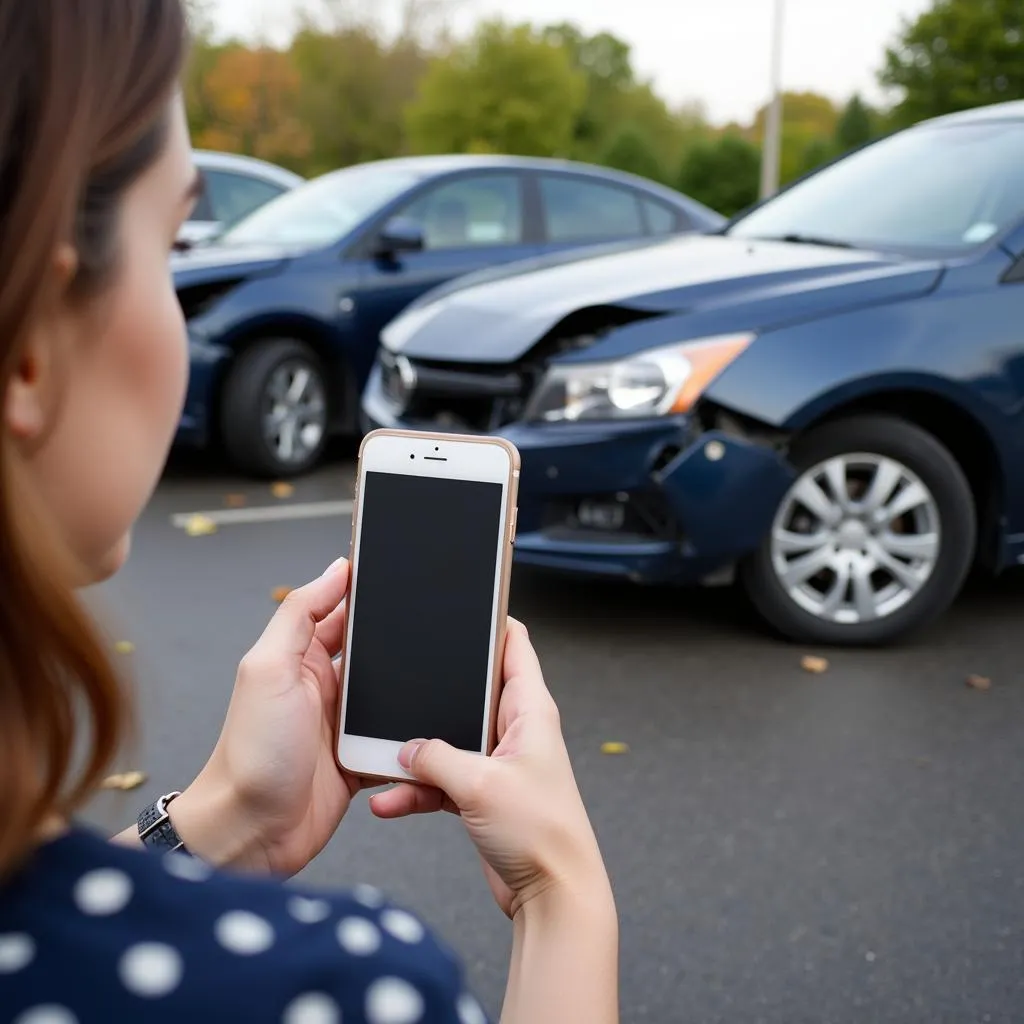Does Your Auto Insurance Cover Rental Cars?
When you’re involved in a car accident or your vehicle needs unexpected repairs, a rental car can be a lifesaver. But before you hit the road in a temporary ride, it’s crucial to understand how your auto insurance policy handles rental car coverage.
Does Your Insurance Extend to Rentals?
The short answer is: it depends. Your personal auto insurance policy might cover a rental car, but the extent of that coverage hinges on your specific policy details and the reason you’re renting. Let’s break down the common scenarios:
Rental Car Coverage After an Accident
If you’re in an accident and your car is undrivable, your insurance coverage for a rental often depends on who was at fault:
- You’re at fault: If you’re deemed responsible for the accident, your coverage will depend on whether you have “rental reimbursement” coverage as part of your policy. This optional coverage helps pay for a rental while your car is being repaired.
- The other driver is at fault: If the other driver is at fault and they have insurance, their insurance company would typically cover the cost of a rental car while your vehicle is being fixed. However, policies and state laws can vary, so it’s essential to confirm coverage details with the involved insurance companies.
 Car accident insurance claim
Car accident insurance claim
Rental Car Coverage for Repairs
If your car requires repairs unrelated to an accident (e.g., mechanical issues), your personal auto insurance policy typically won’t cover the cost of a rental car. In these situations, rental reimbursement coverage would be the determining factor.
Understanding Rental Reimbursement Coverage
Rental reimbursement is an optional coverage that can be added to your auto insurance policy. It helps cover the cost of a rental car if your vehicle is being repaired due to a covered claim, like an accident where you’re at fault or damage from a covered peril.
Key Factors Affecting Rental Car Coverage:
- Your insurance policy: The specific terms and conditions of your auto insurance policy are paramount. Review your policy documents or contact your insurance provider to determine the extent of your rental car coverage.
- State laws: Coverage requirements and regulations surrounding rental car insurance can vary from state to state.
- Rental car company policies: Each rental car company has its own policies regarding insurance and liability waivers. Understand their terms before signing any rental agreements.
 Signing a rental car agreement
Signing a rental car agreement
Tips for Navigating Rental Car Coverage:
- Contact your insurance provider: Before renting a car, reach out to your insurance company to confirm your coverage details, including any limitations or exclusions.
- Review your credit card benefits: Some credit cards offer rental car insurance as a perk, but the coverage might be secondary to your personal auto insurance.
- Compare rental car company options: Shop around and compare rental car companies to understand their insurance options and costs.
Do You Need Additional Coverage?
Even if your personal auto insurance offers some rental car coverage, you might consider supplemental options from the rental company. These options often include:
- Loss Damage Waiver (LDW): This can protect you from financial responsibility if the rental car is damaged or stolen.
- Liability Insurance: This can provide additional liability coverage beyond what your personal auto insurance offers.
Conclusion
Understanding whether your auto insurance covers rental cars requires careful review of your policy and relevant factors. By being informed and proactive, you can make well-informed decisions and ensure you have adequate coverage when renting a vehicle. Remember, contacting your insurance provider is crucial for clarifying any doubts and getting personalized guidance.
FAQs
1. What is the average cost of rental reimbursement coverage?
The cost of rental reimbursement coverage varies depending on your location, driving history, and insurance provider. However, it’s typically an affordable add-on, ranging from a few dollars to $10-$20 per month.
2. Will my credit card cover rental car insurance if I decline the rental company’s coverage?
Some credit cards offer rental car insurance as a perk, but it’s often secondary coverage. This means your credit card benefits might only kick in after you’ve exhausted your personal auto insurance coverage.
3. Can I use rental reimbursement coverage for any type of rental car?
Rental reimbursement coverage usually has limitations. For instance, it might not cover luxury or exotic car rentals. Review your policy terms for specifics.
4. What happens if I get into an accident with a rental car and I’m not at fault?
If the other driver is at fault and has insurance, their insurance company would typically handle the damages and potentially the cost of a rental while the rental car is being repaired.
5. If I have rental reimbursement coverage, is there a limit on how many days of rental it will cover?
Rental reimbursement coverage usually has a limit on the number of rental days or the total amount it will reimburse. Check your policy documents for these limits.
Explore More:
- Progressive rental car coverage
- Car insurance for business vehicles
- Cheapest new cars
- Cars for rental near me
- Car rental jp
Need personalized advice? Contact our team via WhatsApp: +1(641)206-8880, Email: [email protected], or visit our office at 276 Reock St, City of Orange, NJ 07050, United States. We’re available 24/7 to assist you!


